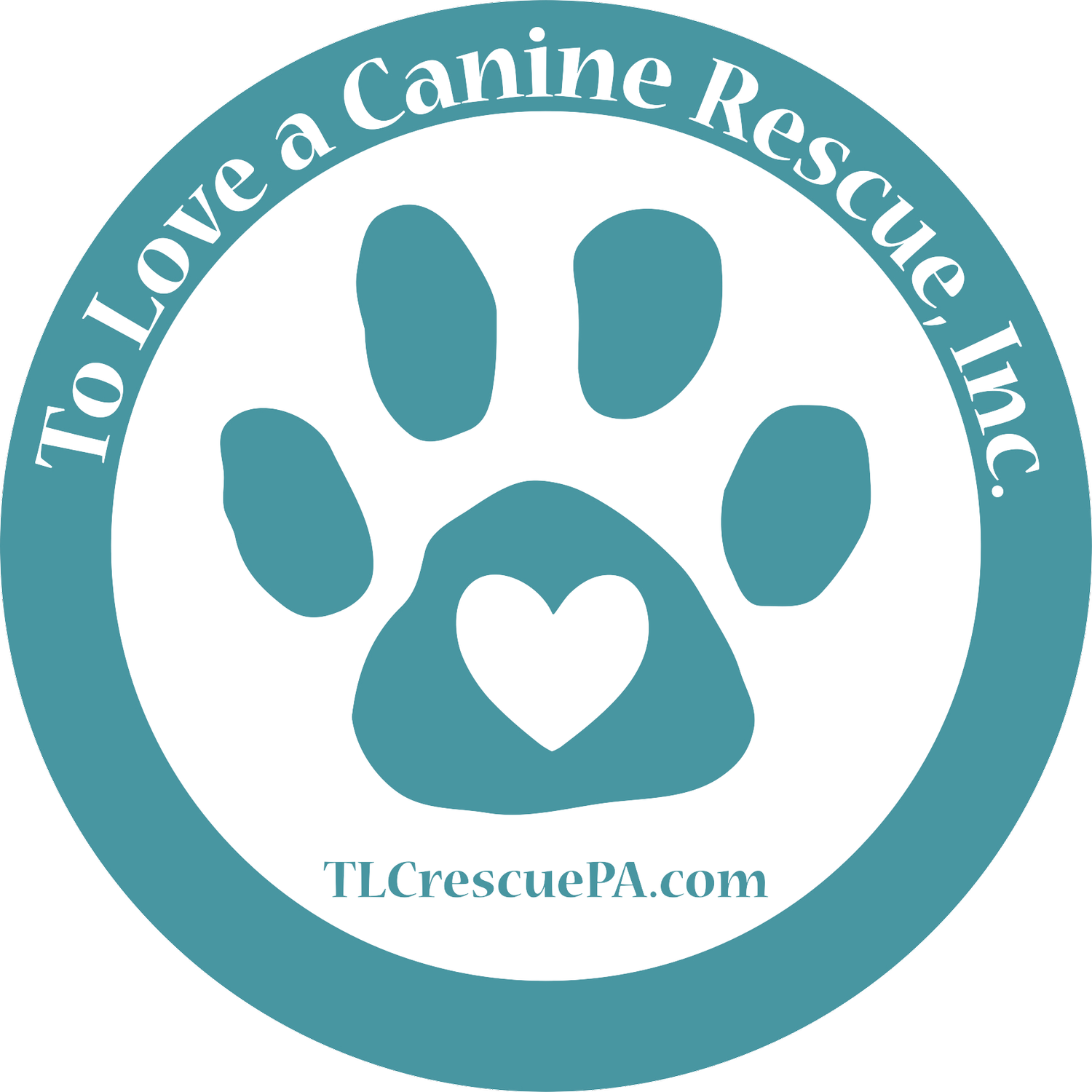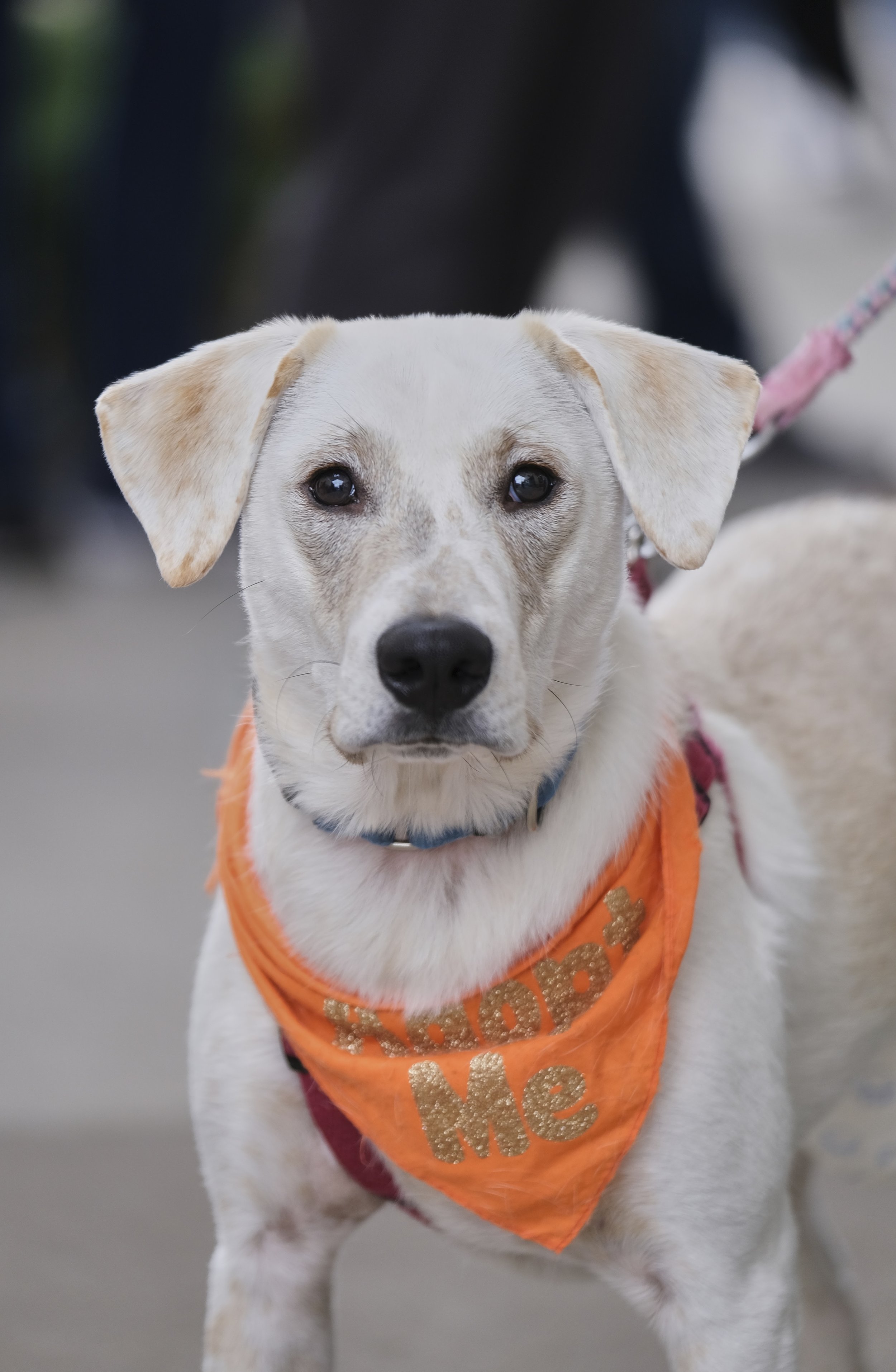Special dogs who just need a little Extra TLC
extraTLC dogs need more support from our team than the average dog. Whether their stay is just longer before finding their forever home or they need treatment in order to live a full, healthy life, more resources are required than we make from adoption fees alone.
Consider donating directly to the dogs most especially in need. Your money will go towards the treatment of heartworm positive dogs, towards treating other illnesses or injuries, and towards the resources required to ready these dogs for their new homes.
TLC covers the cost for the entire heartworm treatment through one of our approved vets. We will be with you every step of the way to help you throughout their treatment!
What’s involved with caring for a heartworm positive dog? Crate rest and medicine. That’s it!
Once finished, your pup will be able to live a completely normal life with the same heartworm preventatives every dog should receive.
Heartworm Positive
Some of our dogs come to us from especially traumatic pasts and in response have learned to hide from the strangeness around them.
These dogs require a slow introduction to their new, better world. Providing them with a safe place and acting with patience and care will help them slowly ease out of their shells. They can be some of the most rewarding dogs to grow with.
Each dog adopted from TLC comes with access to trainers. Over the phone for support and numerous training discounts for various training options are available to ensure the success of your new family.
The Shy and Timid
The first step to caring for a deaf dog is knowing how to be gentle. They may eventually learn of your presence through smells or vibrations, but it is important that you avoid startling them before they’ve truly settled in. Gentle touches can let them know who is around!
Using visual cues such as hand signals or light can make for excellent training. Start with teaching them a focus command to get their eyes peeled on you. From there they can learn anything any other dog can.
Hearing Impaired
Create a safe and predictable environment by keeping furniture and objects in the same place and using gates or barriers to block off hazardous areas.
Rely on strong scents or textures, along with verbal cues to help your dog navigate around the house.
Consider a harness and leash to guide your dog on walks.
Be patient, consistent, and reward good behavior. With the right care, your blind dog can still lead a happy and healthy life full of love and companionship.
Visually Impaired
Every Senior has their own needs but most just need love in their final years. They are just as loyal as their younger counterparts and make amazing companions in less active homes.
As an entirely foster based rescue, we can ready you on any of the needs and behaviors unique to your senior friend, allowing you to find the best match!
Senior Dogs
We are committed to improving the quality of life for dogs in need. This includes the foster pups who come to us with medical needs that require care, such as exploratory, surgical, and corrective procedures.
These needs are not always known when a foster enters our doors. Our loving foster homes pay close attention to each dog and take note of any concerns or changes in physical, behavioral, or mental capacity.
The cost of care is covered by TLC, though we rely heavily on the generosity of our community to ensure we can continue to care for dogs and give them a better tomorrow.
Learn more about our dogs who are in the most need here: Donate
Other Medical Needs
Some types of dogs tend to take longer to be adopted. Black dogs and Pitt bulls are two main examples of such a trend. Whether it’s a myth about being dangerous or harder to capture on camera or whatever the cause, these dogs need love and companionship as much as any dog. Every dog is a unique individual and cannot be reduced to stories.
Rest assured that as a foster based rescue, TLC can provide as much information as possible to match you with the right personality, no matter the breed!
The Longest Wait
Breed can be an indicator of instinctual behaviors even in mixed-breed dogs. As a foster based rescue we can observe these behaviors in home environments and better prepare adopters for what they are in for.
When we require breed experience, it is due to certain behaviors causing under-prepared adopters to unfortunately return their dog. TLC wants the best outcome for our dogs and their new families. Which includes access to out trainers for the lifetime of the dog and taking precautions such as requiring breed experience.
Herding breeds (australian shepherds, german shepherds, cattle dogs, etc.), Guardian breeds (great pyrenees), and Huskies are some of the breed types we tend to require breed experience for.









